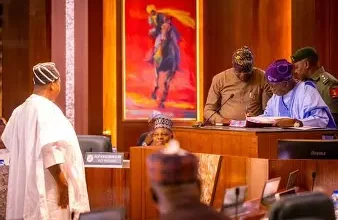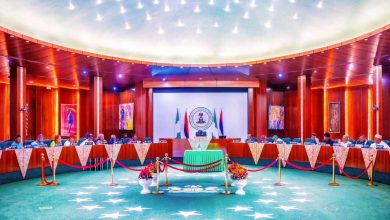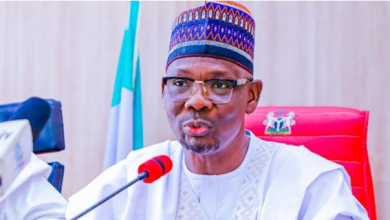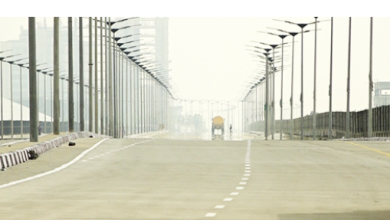Government has learned nothing from #endSARS, says EiE Director
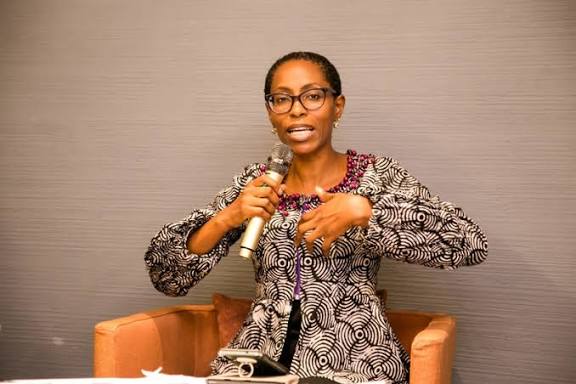
Five years after the #EndSARS protests that shook Nigeria, Executive Director of Enough Is Enough (EiE) Nigeria, Yemi Adamolekun, has accused the Federal Government of failing to draw meaningful lessons from the movement, saying authorities continue to treat citizens as adversaries rather than partners in nation-building.
Speaking on Arise News on Sunday, Adamolekun recounted her ordeal at the Lekki Toll Gate during the fifth anniversary of the #EndSARS protests, where she said she was harassed by security operatives for laying a wreath in honour of victims of the 2020 shootings.
“There were only two of us at the Lekki Toll Gate on Monday, October 20. I had flowers, and another lady was recording me as I placed them,” Adamolekun recalled.
“The police, army, civil defence, Lagos Security Network, and Man O’ War were all there at a toll gate where no protest was happening.
”The commissioner of police even arrived with a 15-car convoy in a show of force. For what, I really don’t know, ” she added.
According to her, officers of the Man O’ War, acting under police instructions, destroyed the flowers, claiming they posed a security threat.
“I told the officer, ‘Flowers are a threat? How is this flower upsetting your life?’ Their issue, they said, was that we were recording a police formation.
”But it was a public space. That’s how the Nigerian state behaves it fears its own people,” she said.
The civic advocate lamented that, five years after the protests, government agencies still frame peaceful demonstrators as arsonists and enemies of the state.
“The government still sees its citizens as enemies, as opponents.
“It was not peaceful protesters that set anything on fire in Lagos. There were criminals, as in any society, and it is the job of the police to protect citizens, ” she said.
She recounted that during the 2020 demonstrations, protesters had contacted police authorities to report criminal infiltrations but were rebuffed.
“When we called the police to report those exploiting the protests to cause trouble, they told us, ‘You’re protesting against the police what do you want us to do?’”
Adamolekun described the response as “a deliberate abdication of responsibility” that allowed chaos and violence to fester.
Reflecting on the state’s denial of the Lekki Toll Gate shootings and the lack of accountability for the victims, the EiE director said Nigeria could not move forward without acknowledging its past.
“Five years later, a lot of questions remain unanswered, a lot of healing undone.
“From the Biafran War to #EndSARS, the Nigerian state refuses to acknowledge the pain of its citizens.
”Until these things are addressed, Nigerians will continue to remember—because those who forget their history lose their identity, ” she said.
Adamolekun urged Nigerian leaders to base governance on data, not emotion or propaganda. She argued that the government’s reactive and defensive approach to issues such as religious killings or international criticism erodes credibility.
“People who go to America to present their case do so with data—records of churches razed, numbers of people killed.
“The government cannot afford to respond emotively. The only credible answer is data, ” she said.
The EiE director also clarified reports surrounding Nigeria’s recent removal from the Financial Action Task Force (FATF) grey list, noting that it was the result of a long-term institutional process rather than the work of a single administration.
“We were first listed in 2001 and delisted in 2006. A review done between 2019 and 2021 led to 84 points of concern. We addressed 69 before being grey-listed again in 2023.
”The 15 remaining points were cleared recently.This progress is institutional, not the achievement of one administration alone, ” she said.
In a broader discussion on African governance, Adamolekun reflected on the political legacy of late Kenyan opposition leader Raila Odinga, offering a critical perspective.
According to her,Raila Odinga was about power. He mobilised people in the name of democracy but was driven by the pursuit of office. President Ruto’s grand state funeral was not just a tribute, it was also political strategy.
The activist emphasised that democracy in Nigeria could not thrive without mutual trust between the state and its citizens.
“Until every Nigerian feels safe, and until government sees citizens as partners, not enemies, we will keep repeating the same painful cycle.
“Justice, truth, and accountability must form the foundation of a truly democratic society, ” she said.
